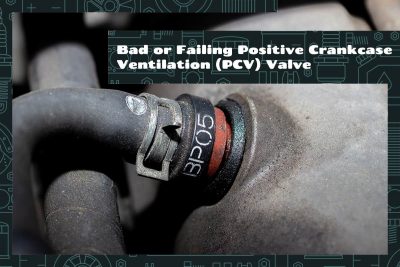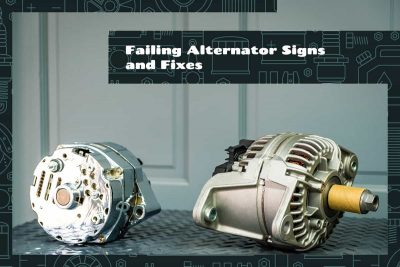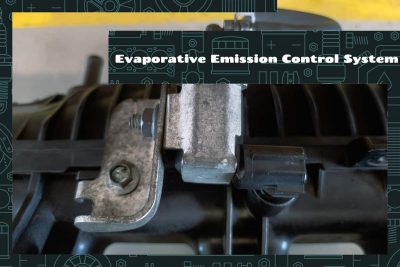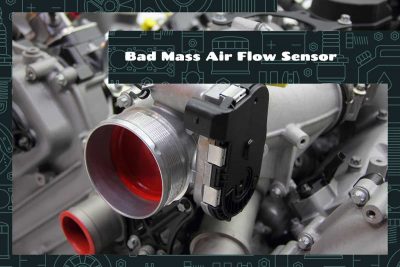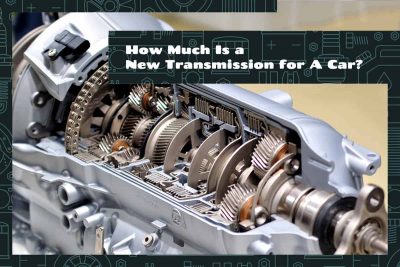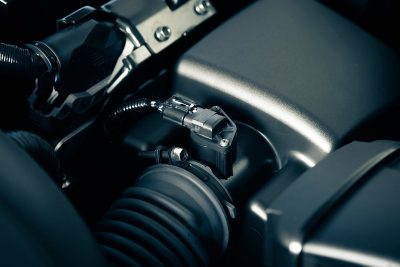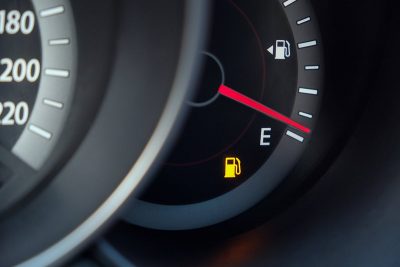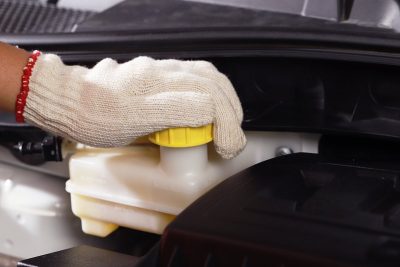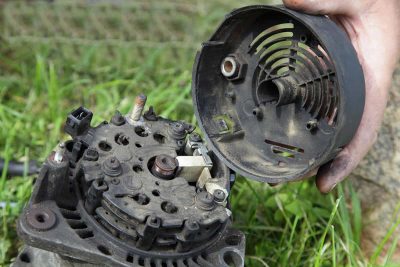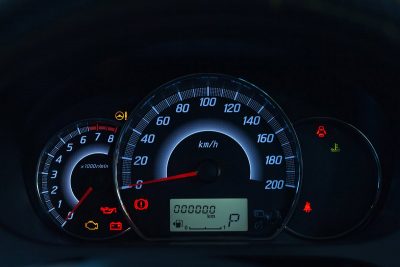The heart of your vehicle is its engine, a complex maze of components working in harmony to keep you moving. Among these parts, the Positive Crankcase Ventilation (PCV) valve may seem minor, but its role is crucial. This seemingly insignificant part is a key player in maintaining your vehicle’s health, performance, and emission control. However, like any other component, it can fail, leading to a series of potential issues.
The signs of a failing alternator can include difficulty starting your vehicle, dimming lights, warning signs on the dashboard, unusual noises, battery issues, and visual signs of damage. To fix it, you’ll either need to repair or replace the alternator, either professionally or through a DIY approach if you have the necessary skills.
The Evaporative Emission Control System (EVAP) is a part of a car designed to prevent fuel vapors from escaping into the atmosphere. It captures fuel vapors produced in the fuel tank, stores them in a charcoal canister, and then releases them into the engine to be burned when the car is running.
The Mass Air Flow Sensor tells the engine how much air is coming in and how fast. If the MAF isn’t working right, your engine might get confused and not work as well as it should. This is a big deal because an engine needs the right mix of air and fuel to run smoothly.
Today, we’ll discuss the cost specifics of replacing different types of car transmissions, factors influencing the overall cost, and provide insights to help you decide whether replacing your car’s transmission is a financially sound decision.
The Nissan Rogue, revered for its reliability and efficiency, has etched its position in the world of compact SUVs. However, maintaining this performance requires a vital ingredient: the right type of engine oil. Not all oils are created equal and your selection can directly impact your Rogue’s longevity, fuel efficiency, and performance.
Looking for the best engine oil for your Subaru Forester can be an adventure in itself. With so many options to choose from, it’s easy to get lost in a sea of oil jargon and technical terms.
The mass airflow sensor (MAF) measures the volume and density of the air entering the engine, providing this information to the car’s computer system. The computer uses this information to delivery an accurate amount of fuel to the engine. When the MAF sensor malfunctions, it can cause various noticeable symptoms and hinder the overall performance of your vehicle.
When you look at your car’s dashboard, there’s a little dial that shows how much fuel you have left. That’s your fuel gauge. But did you know there’s an important part in your car’s fuel tank called the fuel gauge sender that helps make that dial work? People don’t usually know about this component until something goes wrong.
Change your brake fluid every 2-3 years, or according to your vehicle manufacturer’s recommendation. Indicators for a change include a spongy brake pedal, discoloration of the fluid, and erratic braking behavior.
A voltage regulator is like a traffic cop for electricity. Just like traffic cops ensure cars flow smoothly without crashing, voltage regulators keep electric current flowing safely and consistently through our gadgets, like phones, computers, and even cars. If it goes bad, it can cause lots of problems.
Engines are the heart of our vehicles, and just like our own bodies, they require proper care and attention to function at their best. When something goes wrong, our cars often give us signals in the form of warning lights or messages. One such message is the “Engine fault service now” warning.
